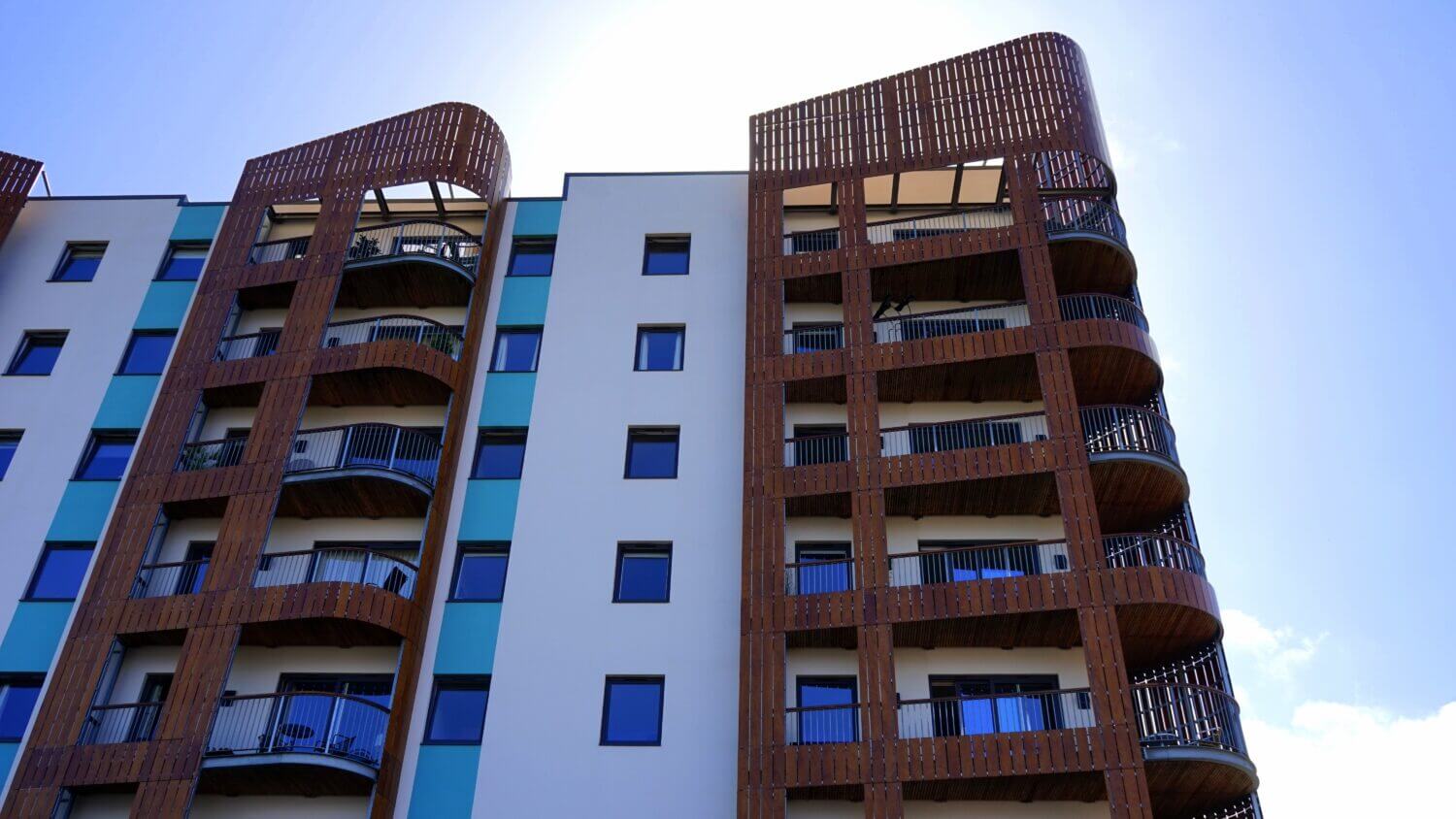
Lease extensions and the Building Safety Act
Following the publication of this article, the Levelling-up and Regeneration Act 2023 received Royal Assent and the Act amended the BSA 2022 expressly stating that “A qualifying lease varied, or subject to any surrender and regrant, remains a qualifying lease.” Section 119A(2) provides that “This section has effect in relation to any qualifying lease varied, or subject to any surrender and regrant, before the coming into force of this section.”
This should solve the concerns set out in this article where the leases which qualified for BSA protections would be lost because of a lease extension. Taylor Walton will provide updates on any relevant court cases or new legislation which addresses this issue.
The Building Safety Act 2022 (‘BSA 2022’) was part of the government’s response to the Grenfell Tower fire of 2017.
The BSA 2022 provides various protections to leaseholders who own residential flats in certain buildings. Notably it means that ‘qualifying leaseholders’ are protected from costs related to the remediation of unsafe cladding systems. The BSA was enacted to protect leaseholders and ensure that they don’t encounter difficulties when they come to sell or mortgage their property.
You are a ‘qualifying leaseholder’ if your property is in a building above 11 metres (or 5 storeys) and on 14 February 2022:
- your property was your main home, meaning it was the home where you spent most of your time, or
- You owned no more than 3 dwellings in the United Kingdom in total.
You are also a ‘qualifying leaseholder’ if you have bought your property since 14 February 2022 but either of the two points above was true for the property on that date.
Why does this affect my lease extension claim?
The BSA does not apply to new leases granted after 14 February 2022. A lease extension, once completed, is considered to be a ‘new’ lease. And so if you live in a property which enjoys statutory protections under the BSA 2022 and you complete a lease extension then you may lose certain statutory protections you enjoy under the BSA 2022. We are not experts in the BSA 2022 and it is beyond our scope of work to detail what protections you may or may not lose.
This was clearly not the intention of the government when they enacted the BSA 2022, so the government have confirmed that they will look to resolve the issue as soon as possible by passing new legislation ensuring that the statutory protections apply to extended leases. However we cannot say if and when the government will address this issue, or whether their proposed resolution will comprehensively deal with the issue.
Am I qualifying leaseholder?
The first question for you to consider is whether you are a ‘qualifying leaseholder’ under the criteria set out above. Please note that we are not experts on buildings and so we cannot form a view on how tall your building is or how many storeys are on your building. You will have to form your own view on this or consider instructing a surveyor to report to you on this.
If you are not a ‘qualifying leaseholder’ then you don’t need to be concerned with this issue since you don’t have statutory protections under the BSA 2022 anyway.
Solutions to this issue if you are a qualifying leaseholder
If you are a qualifying leaseholder then we can still go ahead and extend your lease. However we will insist that the lease extension deed includes a clause that all of the statutory protections enjoyed by your lease are carried over to the new extended lease (‘the Protection Clause’). The Protection Clause should ensure that you will enjoy the same statutory protections under the BSA 2022 as you did before the lease extension. Such a clause will protect you and satisfy any prospective buyer or lender.
If you are pursuing an ‘informal’ lease extension then you should see whether the landlord agrees to a Protection Clause as early as possible, and if the landlord doesn’t agree to it then you can tell the landlord that we would advise you to make a ‘statutory’ lease extension claim instead. Under a ‘statutory’ lease extension claim leaseholders such as yourself have the right to demand that defects in the lease are rectified, and so hopefully this will convince the landlord to agree to include a Protection Clause in the new lease.
If you pursue a ‘statutory’ lease extension claim and the landlord refuses to include such a Protection Clause into the new lease then you will have two options open to you:
- You make an application to the ‘First Tier Tribunal’ asking them to settle the terms of the new lease. We are not certain whether the Tribunal would agree to include a Protection Clause but we believe that there would be a compelling case you would have.
- Agree to proceed without the Protection Clause being included into the new lease. By taking this course you will be hoping that this won’t cause you any issues when you come to sell or remortgage your property or that the government will shortly rectify the issue before this is ever a concern for you.
We appreciate that you may be concerned about this issue, so if you’re looking to extend your lease then you’re welcome to contact us to ask any questions you have about this issue before you decide to proceed with a lease extension.
Disclaimer: General Information Provided Only
Please note that the contents of this article are intended solely for general information purposes and should not be considered as legal advice. We cannot be held responsible for any loss resulting from actions or inactions taken based on this article.
Insights
Latest Insights



Request a call back
We’ll arrange a no-obligation call back at a time to suit you.
